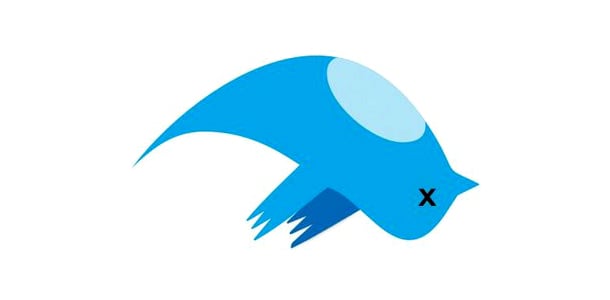Over the last two weeks, I've been running an experiment with my online use just to see how it went: While I have been using Buffer and Freedom to automate and limit my Twitter exposure for about a year and a half, what I've done over the last two weeks is use Twitter purely for sharing Mere O content. (Ed. note: I refuse to indulge the petulant space billionaire and call it X.) Everything else I might have done on Twitter I've instead simply not done or I put it into my email newsletter. It's actually gone quite well.
Login to read more
Sign in or create a free account to access Subscriber-only content.
Topics:
